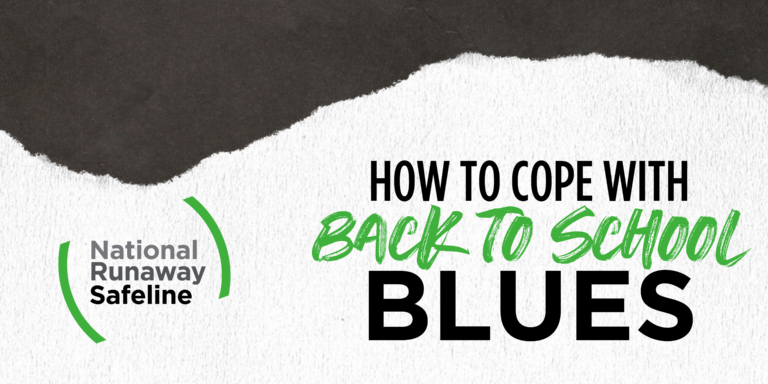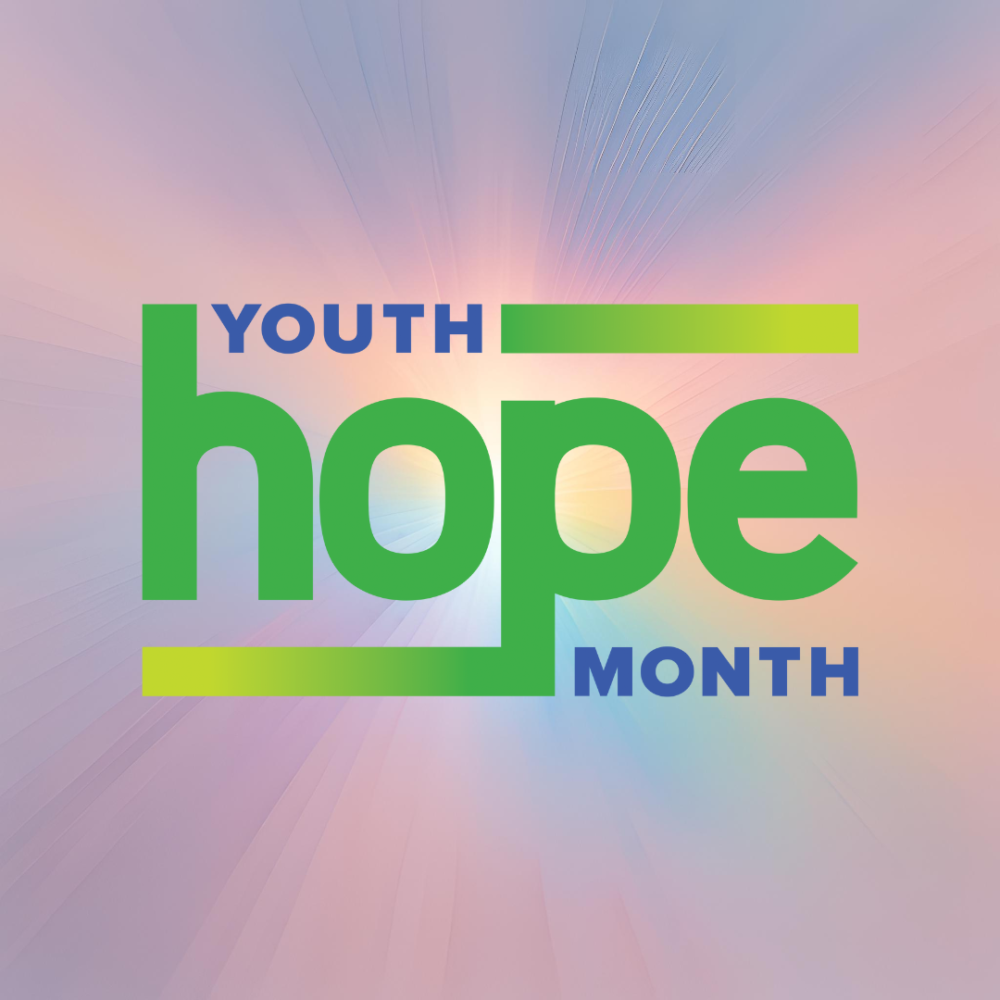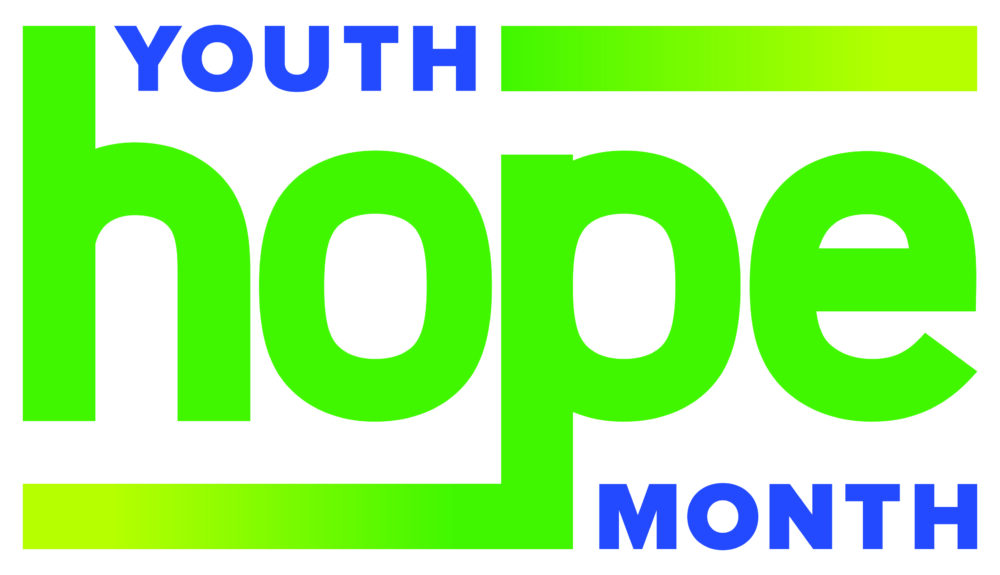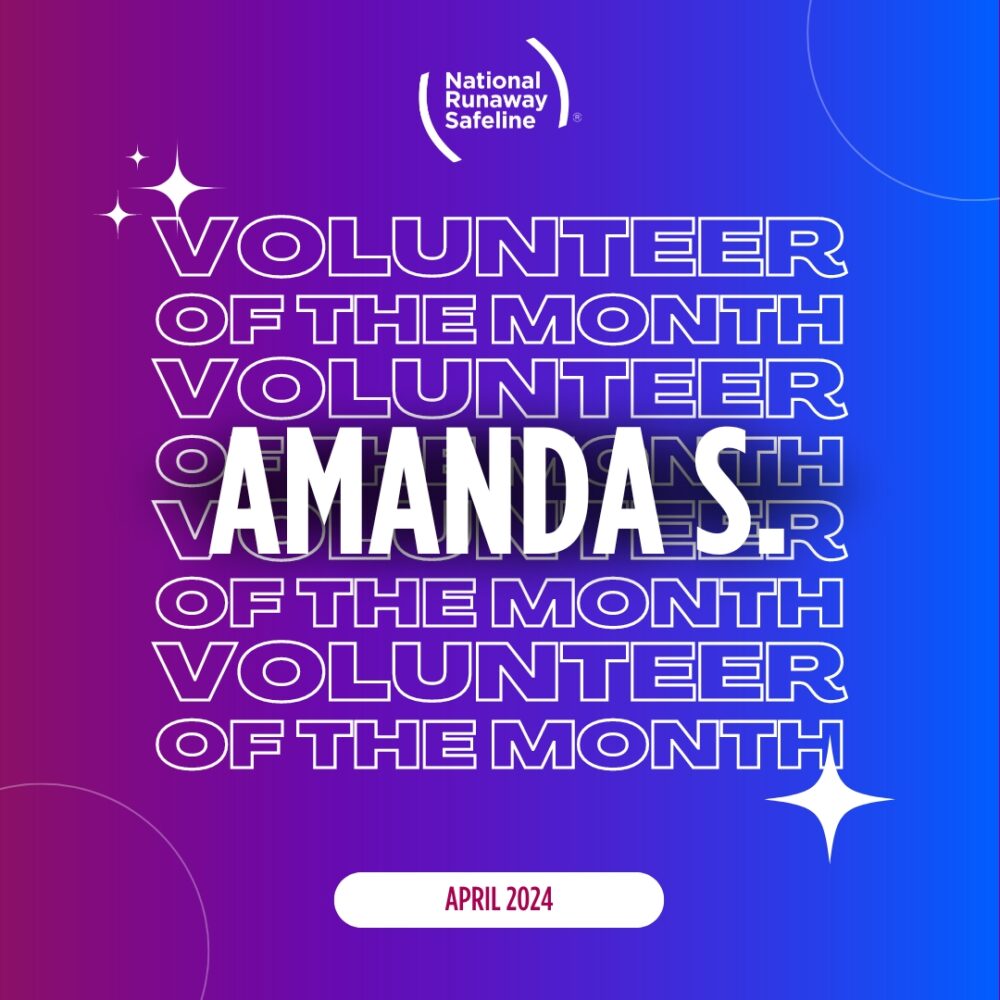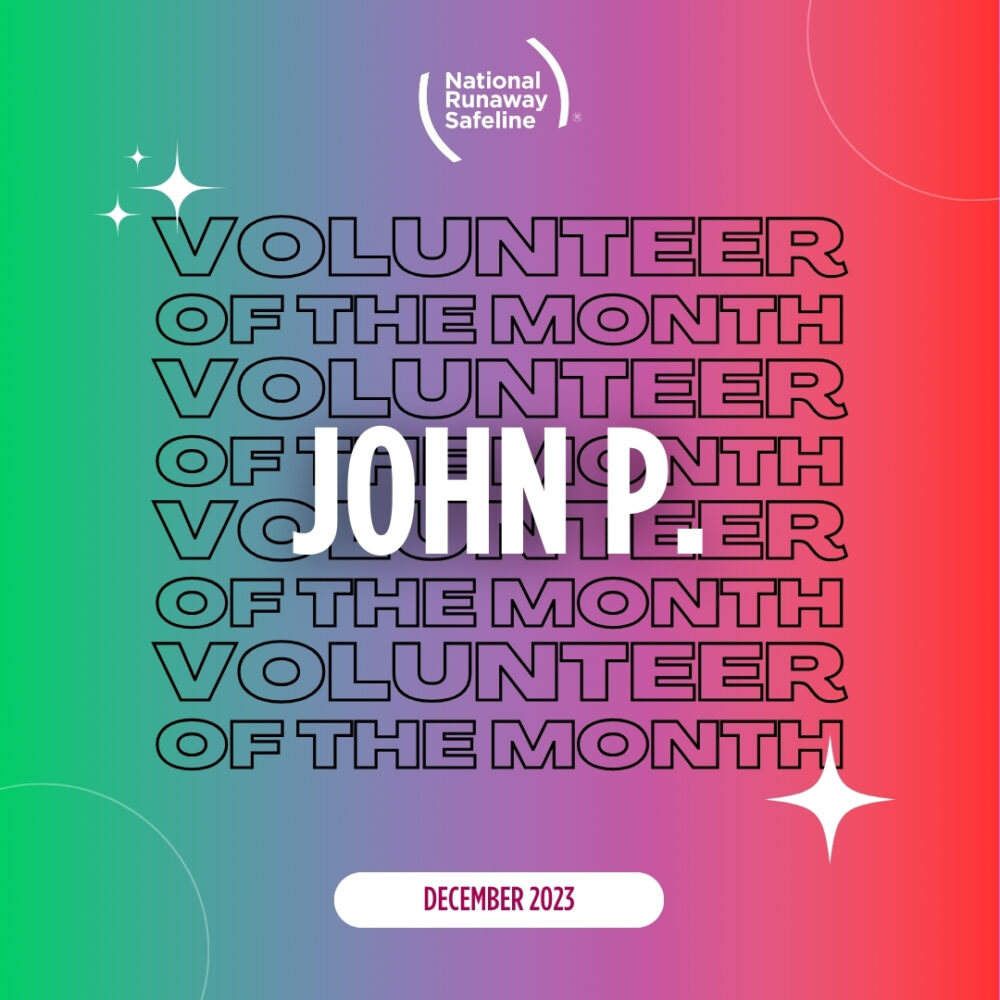It’s already the end of August, which means most schools in the United States have resumed classes or are about to very soon. The start of a school year can be a time of anxiety, fear, and avoidance for many students. This feeling of uncertainty might be heightened by the on-going pandemic. For some students, this might be their first time back into a school building in over a year.
There often aren’t easy solutions for dealing with particularly uncertain or disruptive times. The best option for most people is to build healthy coping mechanisms. Coping refers to what a person does to avoid, remove, lessen or “get through” a stressful situation. Check out these suggestions for healthy ways to cope with going back to school:
- Find ways to create a routine you can look forward to, despite the uncertainty of the future
This could be as simple as a daily walk in your neighborhood, listening to music everyday on your way to school, or spending an hour everyday pursuing something you are passionate about. Creating a routine takes time and consistency, but it can help create moments of peace every day.
2. Take the time to get organized before classes start
School can be overwhelming at times and creating a plan on how to approach this school year before it begins can help you succeed. Organizing yourself for a successful school year can be as simple as designating notebooks and folders for each class, creating a system to keep track of your assignment deadlines, or speaking with your teachers as soon as possible about what supports you might need to be successful this year.
- Know that you are not alone
As school resumes across the United States, students everywhere are experiencing similar feelings of anxiety and avoidance. Once in school, recognize that this feeling is something that you could use to connect to other students and school staff who feel similarly. Creating and relying on connection can be one of our strongest supports during times of uncertainty.
- If this feeling is consuming, consider finding resources to support your mental health
If back-to-school anxiety or dread is consuming your thoughts (you can’t stop thinking about it, it keeps you from falling asleep or enjoying your favorite activities, etc.), consider different ways you can support your mental health and wellness during this transition.
For some people, this might be finding a therapist or counselor. For others, this might be connecting with your district’s social worker or guidance counselor about the way you are feeling. Your feelings are valid. Know that there are resources available to help you cope. Check out this blog post on accessible mental health care for ideas.
5. Unsure where to start? Contact NRS
The team at the National Runaway Safeline is here for you, with ways for you to tap into our support services 24/7. If you need support, call us at 1-800-RUNAWAY (1-800-786-2929) to speak with a trained NRS staff member or volunteer.
If calling is not the best option for you, we also have a live chat service as a way to connect you with a compassionate person who will listen to your story, answer your questions, and help you come up with a plan.
